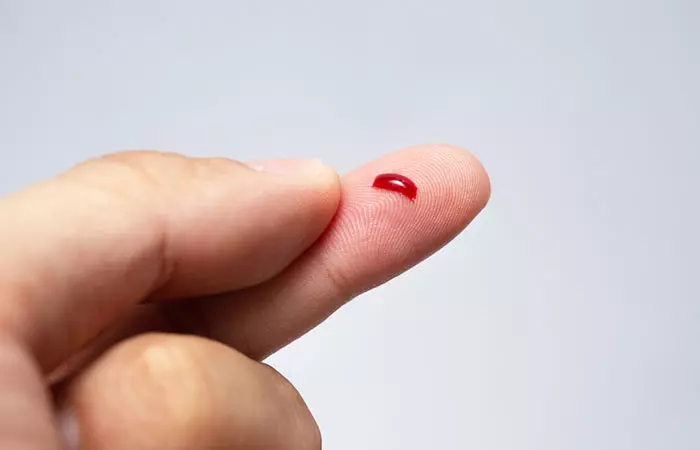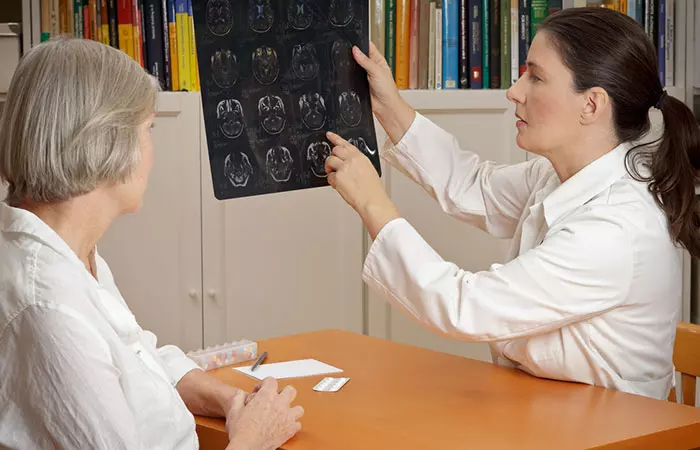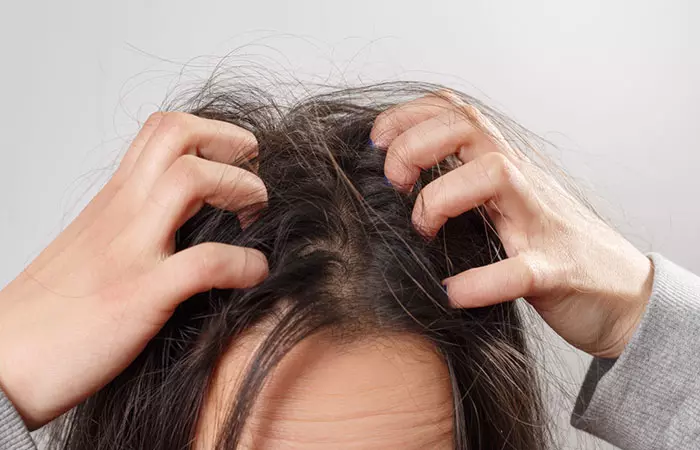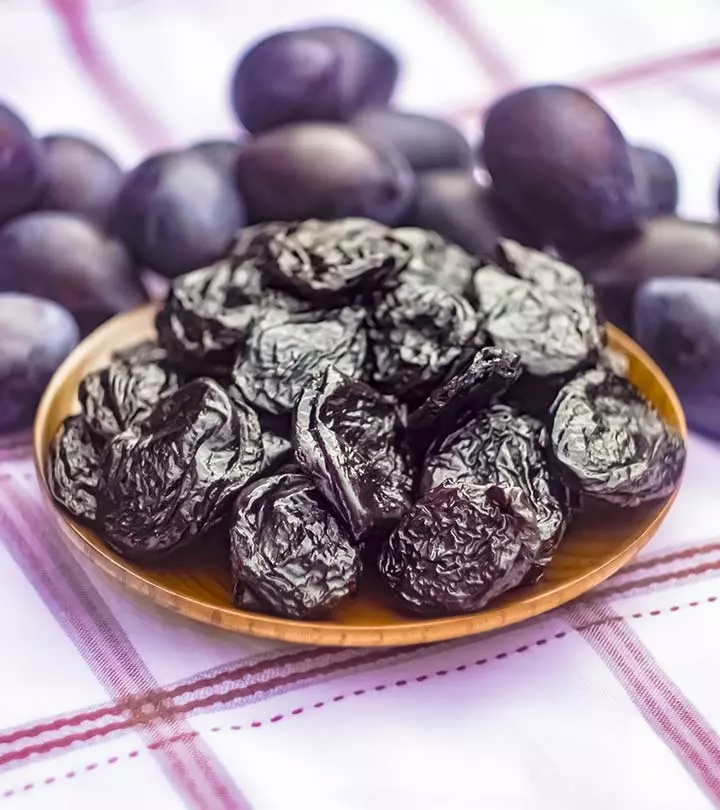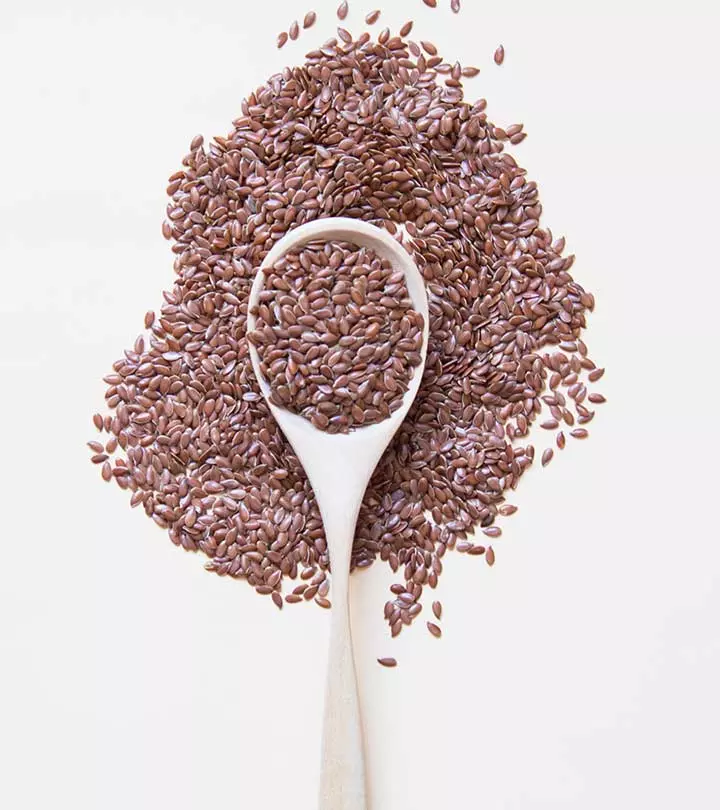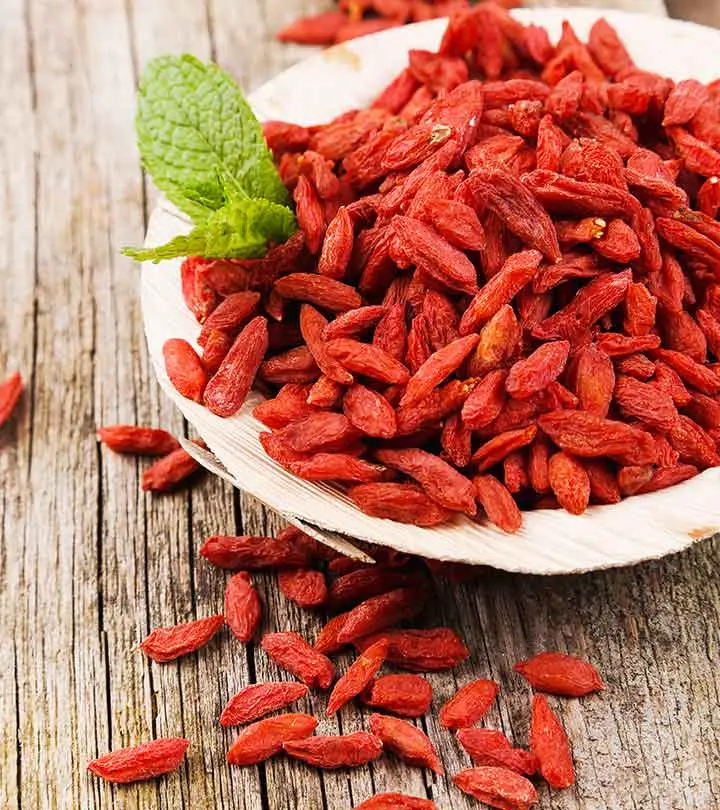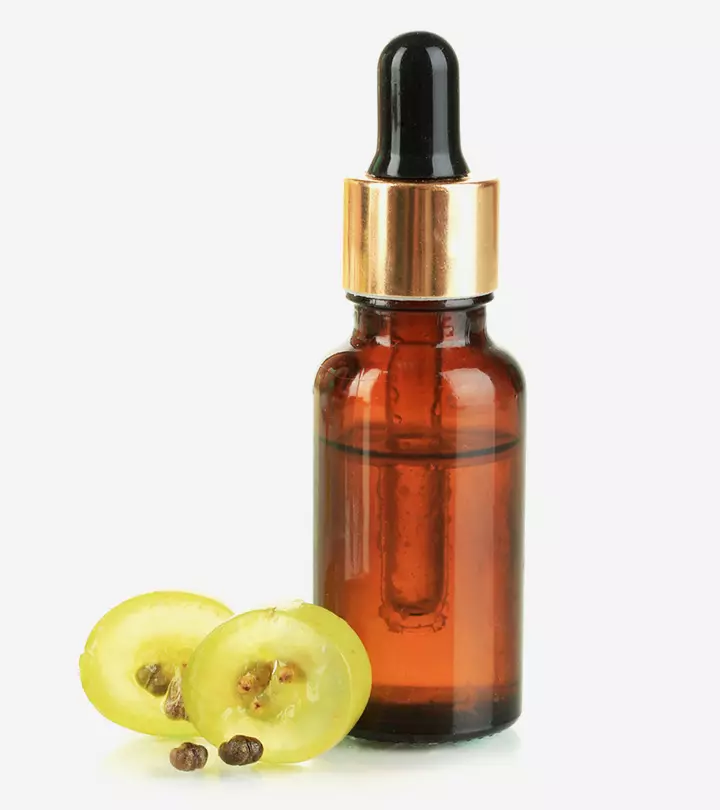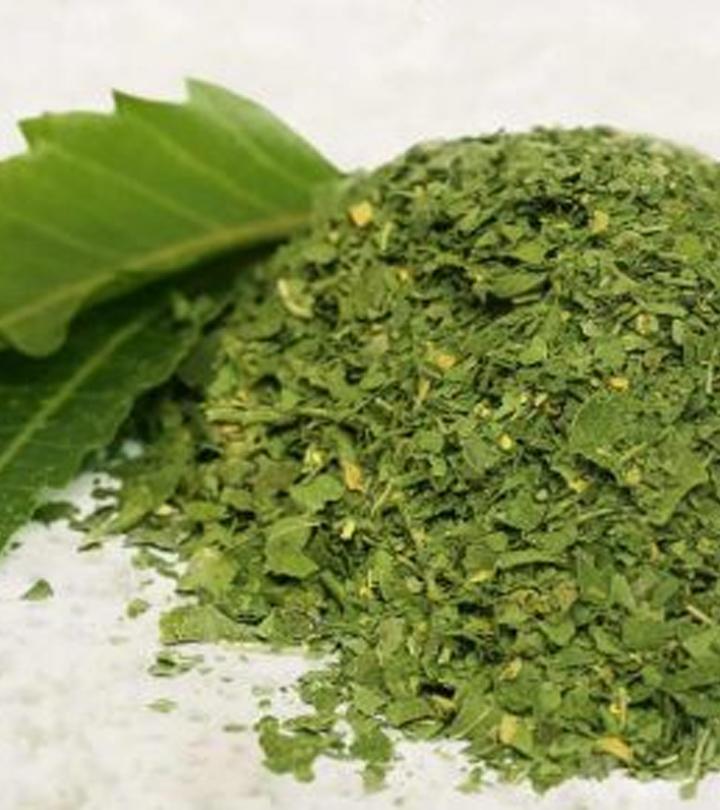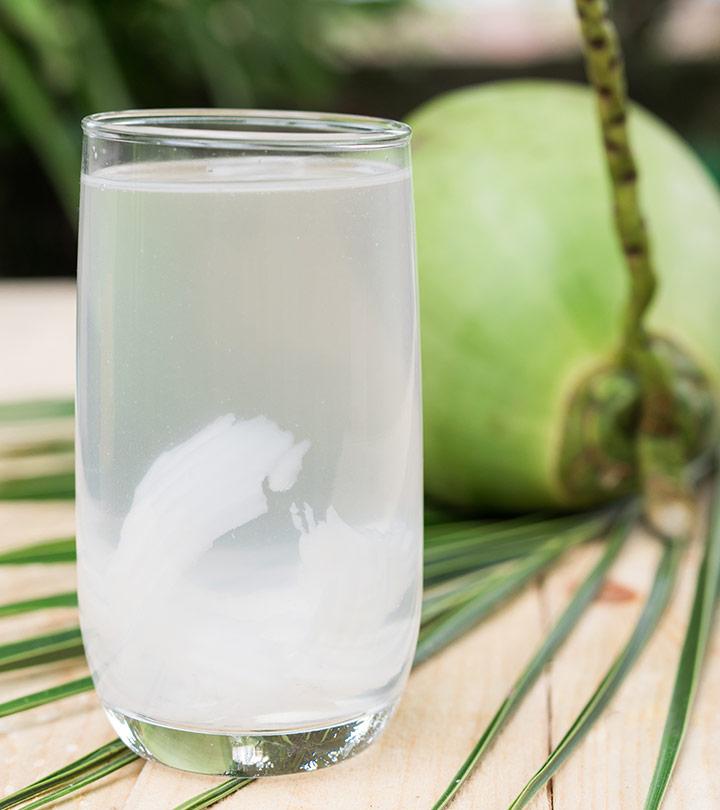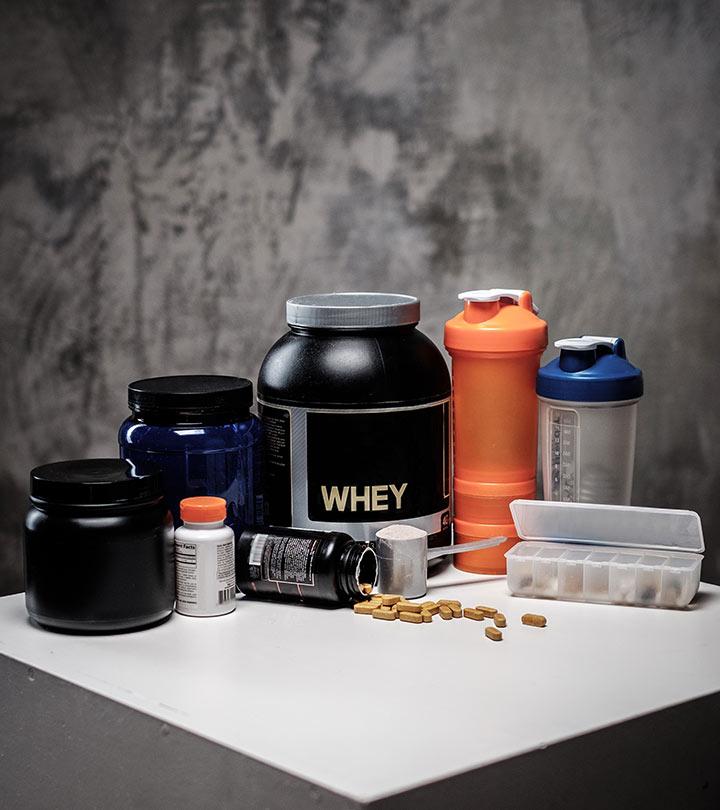6 Serious Side Effects Of Grape Seed Extract
Take a deep dive into the perks and risks of this fruity extract before consuming it.
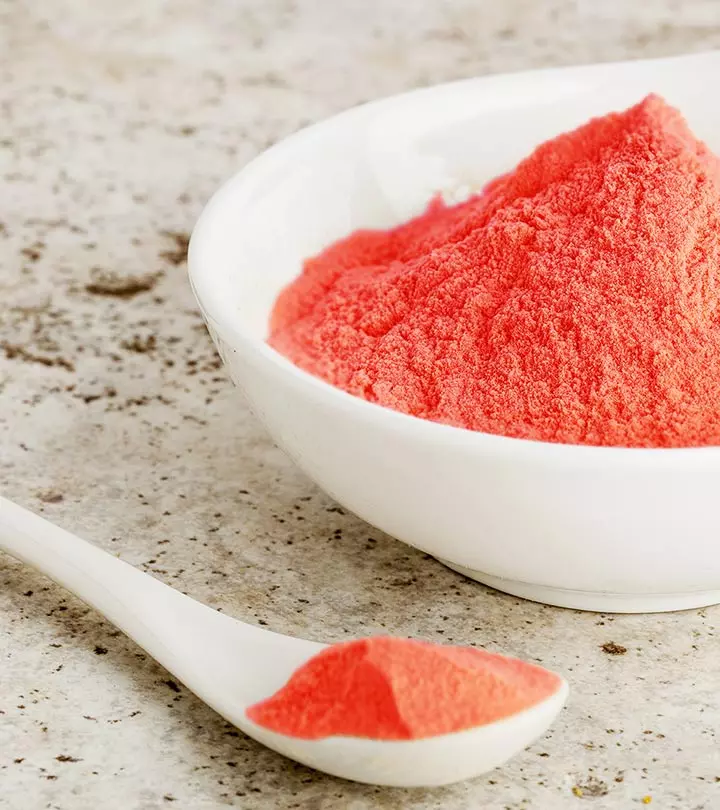
Image: shutter stock
Made from the seeds of grapes, grape seed extract is rich in antioxidants and several other nutrients. Commonly used as a dietary supplement, grape seed extract may benefit your health in the long term and reduce the risk of developing medical conditions. What you are probably not aware of are the many side effects of grape seed extract. In this article, we take a deeper look at the reported side effects and how they may impact your health.
 Know The Flip Side: Grape Seed Extract
Know The Flip Side: Grape Seed ExtractShort-Term Effects
Itchy scalp, dizziness, nausea, sore throat, infections, abdominal pain, indigestion, and muscular problems like inflammation and pain.
Long-Term Effects
Prolonged bleeding, severe allergic reactions like rashes, itching, and hives, breathing difficulties, and hemorrhagic stroke.
Drug Interactions
Grape seed extract can interact with blood-thinning medications, anti-platelet drugs, cholesterol-lowering drugs, and cancer medications.
When To See A Doctor
If you experience nausea, headache, vision or speech impairment, numbness in your arms or legs, abdominal discomfort, swelling of lips, mouth, tongue, or throat.
Grape Seed Extract – A Brief
Well, as evident from its name, grape seed extract comes from grapes and has a high concentration of Vitamin E, linoleic acid, flavonoids and phenolic procyanidins. Grape seed extract is derived from grape seeds that are extracted, dried and purified to produce polyphenolic compounds-rich extract that also has well documented antioxidant, antimicrobial and anti-inflammatory properties (1).
It is mostly used for industrial purposes while oral grape seed extract is used in capsules or tablets. Grape seed extract is believed to have potential health benefits. It is a rich source of antioxidants and oligomeric proanthocyanidins which possess several health benefits.
 Did You Know?
Did You Know?Though there is a lack of scientific evidence about the potential health benefits of grape seed extract, it does have some adverse effects associated with it, especially with its overdose. Besides, there is dearth of information regarding the recommended dose of grape seed extract which further increases the risk. Doses of 2500 milligrams/day have been used in a study on a Japanese population and were considered safe (2).
Grape Seed Extract Side Effects
Given below are some of the grape seed extract side effects which can turn out be serious:
1. Bleeding
One of the most prominent side effects of grape seed extract is bleeding, both internal and external. It can slow down blood clotting, thus leading to prolonged bleeding in cuts and bruises. Grape seed extract can also cause internal bleeding that includes symptoms of gastrointestinal bleeding like blood in vomit, bright red blood in stools, and tarry stools.
Since grape seed extract slows down blood clotting, it is not suitable for those having to undergo surgery as it might cause extra bleeding. Hence, the use of grape seed extract may show contraindications and should be stopped at least two weeks prior to a scheduled surgery.
2. Hemorrhagic Stroke
One of the most serious side effects of grape seed extract is hemorrhagic stroke, which is also a form of internal bleeding. It is characterized by the bursting of blood vessels inside the brain. The blood clot inside the brain irritates the brain tissues and causes swelling.
Symptoms of hemorrhagic stroke include coma, unconsciousness, headache, nausea, difficulty in swallowing, vision or speech impairment, weakness or numbness in arms or legs, loss of coordination, etc.
3. Allergic Reactions
Grape seed extract can also cause allergic side effects like rashes, itching, swelling of lips, mouth, tongue or throat, hives, difficulty in breathing or wheezing, etc. It is advisable to seek immediate medical attention if any of these allergic reactions is observed. And if possible, always take precautions while eating outside or purchasing products. Always check the ingredient list and make sure it suits your body.
 Fun Fact
Fun Fact4. Unsuitable For Pregnant And Nursing Women
Pregnant women and those trying to conceive should avoid using supplements having grape seed extract as an ingredient, as these supplements have no medical recommendation. Besides, nursing women should consult their gynaecologist before using grape seed extract. This is because grape seed extract is considered a herbal medicine and herbal medicines are not standardized.
5. Drug Interactions
Due to its potential blood thinning effects, grape seed extract can adversely interact with certain drugs that include medicines for blood thinning. This interaction can react with anti-platelet drugs as well as pain relieving drugs, such as aspirin and ibuprofen. Cholesterol lowering drugs and prescription drugs such as methotrexate can also react with it and create toxicity. Hence, grape seed extract should not be used with any of these medications without medical advice.
6. Other Minor Side Effects
Grape seed extract may also cause adverse effects like dry or itchy scalp, dizziness, and nausea (3). Intake of grape seed extract may lead to other minor side effects like dry mouth, sore throat, cough, infections, abdominal pain, stomach upset, indigestion, and muscular problems.
Infographic: 4 Serious Side Effects Of Grape Seed Extract
Grape seed extract has lately become popular for its anti-inflammatory and antioxidant properties. It is a herbal medication, but consuming it excessively can lead to adverse effects and disrupt the safety of the body. Check out the infographic below to learn about the four major side effects of grape seed extract.

Illustration: StyleCraze Design Team
Despite its common use in dietary supplements and capsules, grape seed extract may be harmful if consumed in excessive amounts. The side effects of grape seed extract range from increased risk of bleeding to hemorrhagic stroke. Furthermore, it may cause dry scalp, indigestion, sore throat, or dizziness. In some cases, grape seed extract may trigger allergic reactions or interfere with the functioning of certain medications, especially blood thinners. Avoid such complications by limiting your intake or abstaining from it altogether. Go for the supplement only after consulting your doctor, and remember all the warnings.
Frequently Asked Questions
Can you take grape seed extract every day?
Yes. Moderate consumption of grape seed extract can benefit your health in many ways. However, excess intake may lead to a few adverse effects.
What time of day should you take grape seed extract?
You can take grape seed extract whenever you want to, at any time of the day.
Is grape seed extract safe for children to take?
Possibly yes. Studies on the risk of grape seed extract in children are lacking, however, modest consumption should be safe.
Can grape seed extract cause liver damage or toxicity?
Possibly not. According to a study, ingestion of grape seed extract for three months improved liver function in patients with nonalcoholic fatty liver disease (4).
Can grape seed extract lower blood pressure too much?
Possibly not. A study noted the positive modulation of blood pressure in patients with mild hypertension after the intake of grape seed extract. The participant’s blood pressure lowered to normal from elevated levels (5).
Key Takeaways
- Although grape seed extract has several health benefits, its high dosages may cause unwanted side effects such as nausea, wooziness, and headaches.
- It might interact with drugs for blood thinning and make bleeding more likely.
- Additionally, grape seed extract may interact with several cancer treatments and reduce their effectiveness.

Image: Dall·E/StyleCraze Design Team
Stay informed on the potential serious side effects of grape seed extract. Prioritize your safety and expand your knowledge to make well-informed decisions about what you eat or drink. Check out the video now!
Read full bio of Mary-Walker Hall
Read full bio of Ravi Teja Tadimalla
Read full bio of Moksha Gandhi





